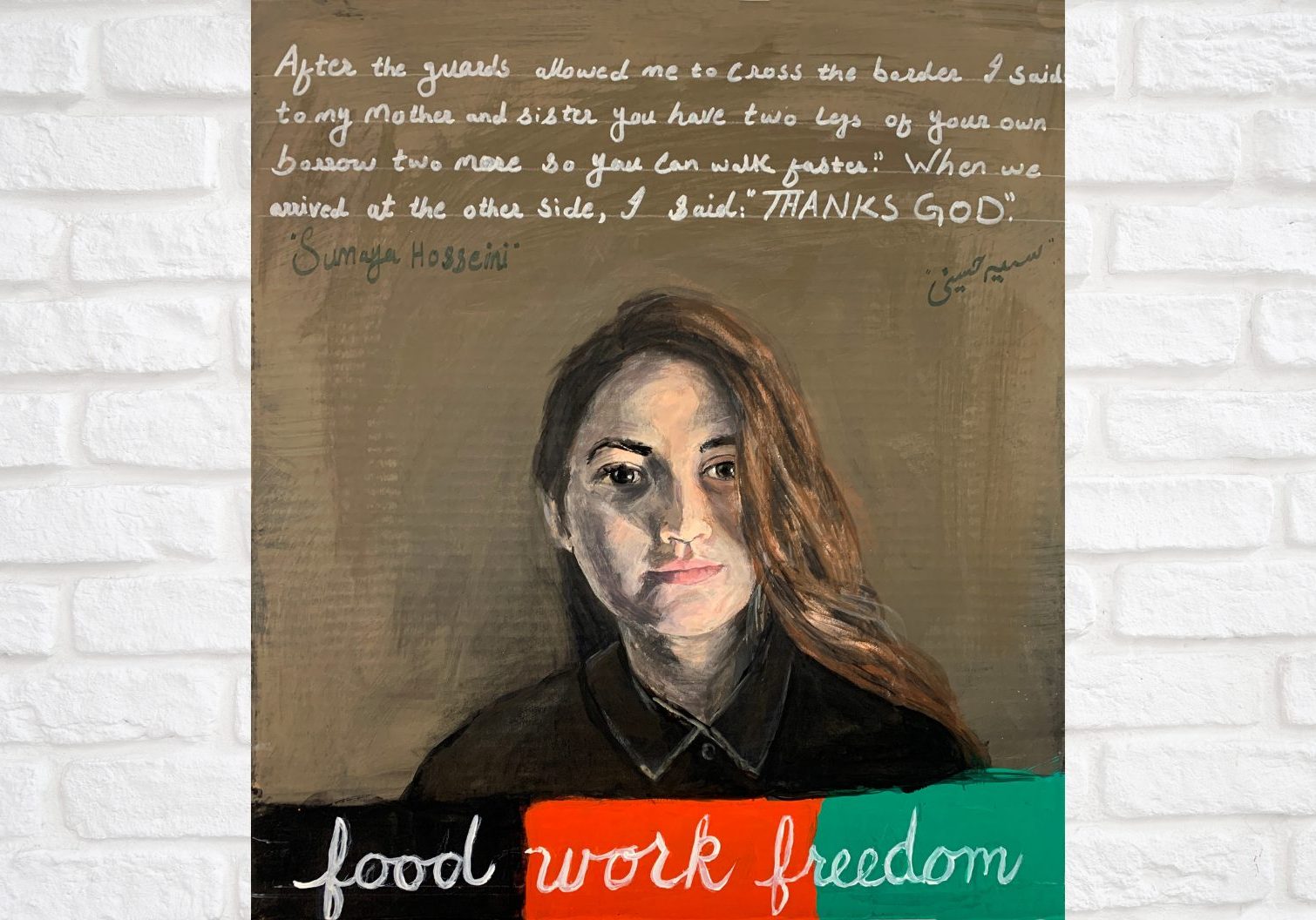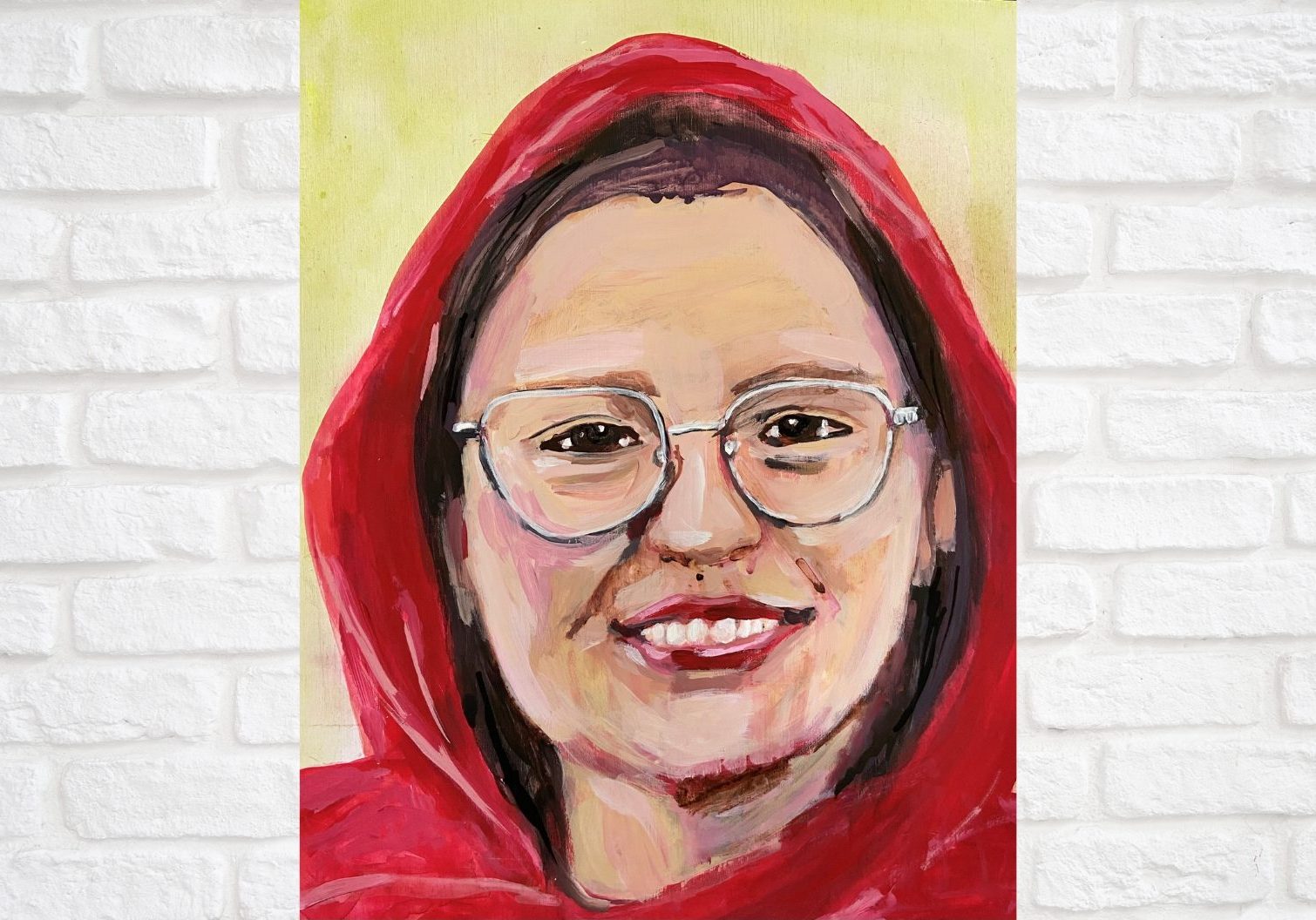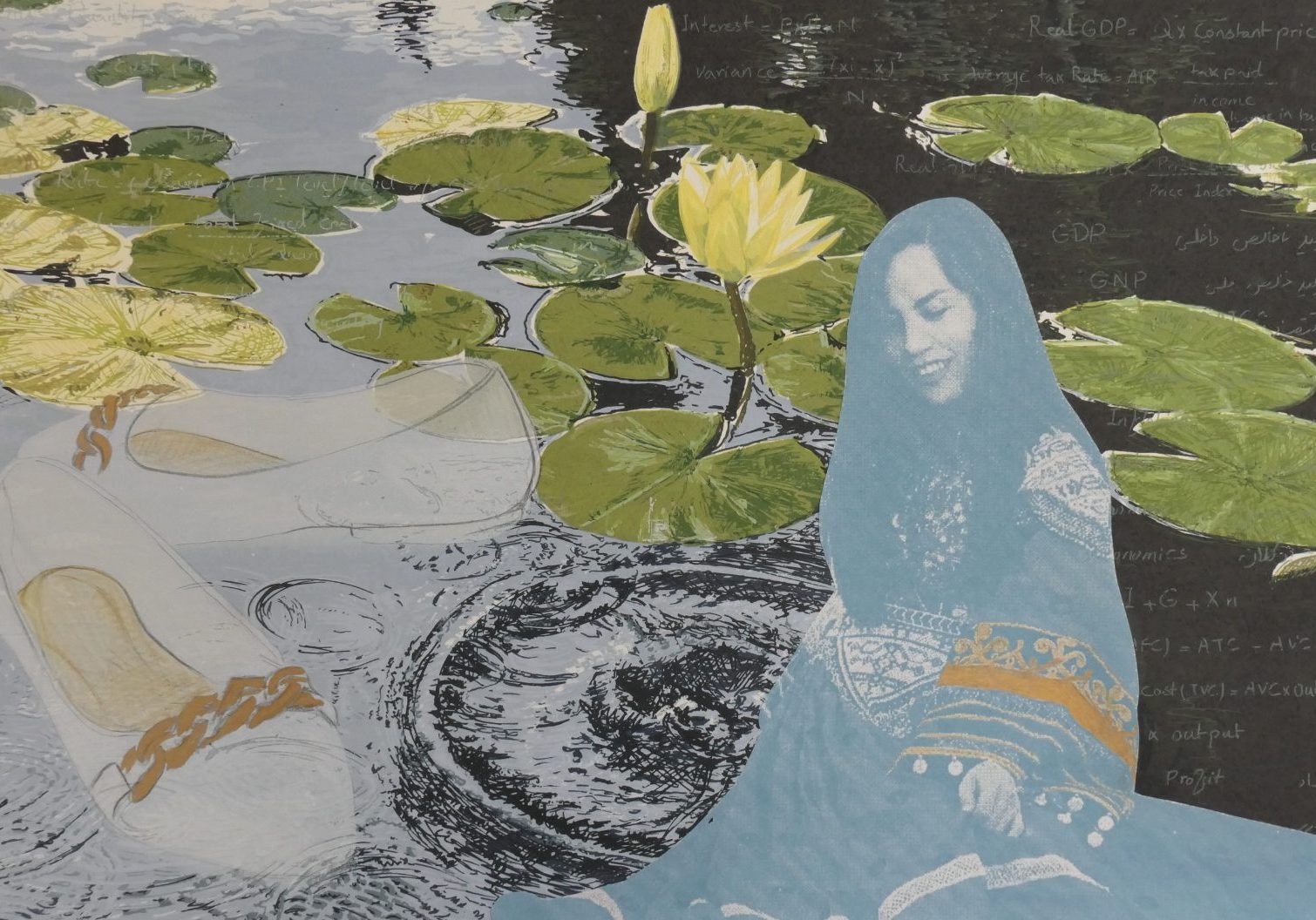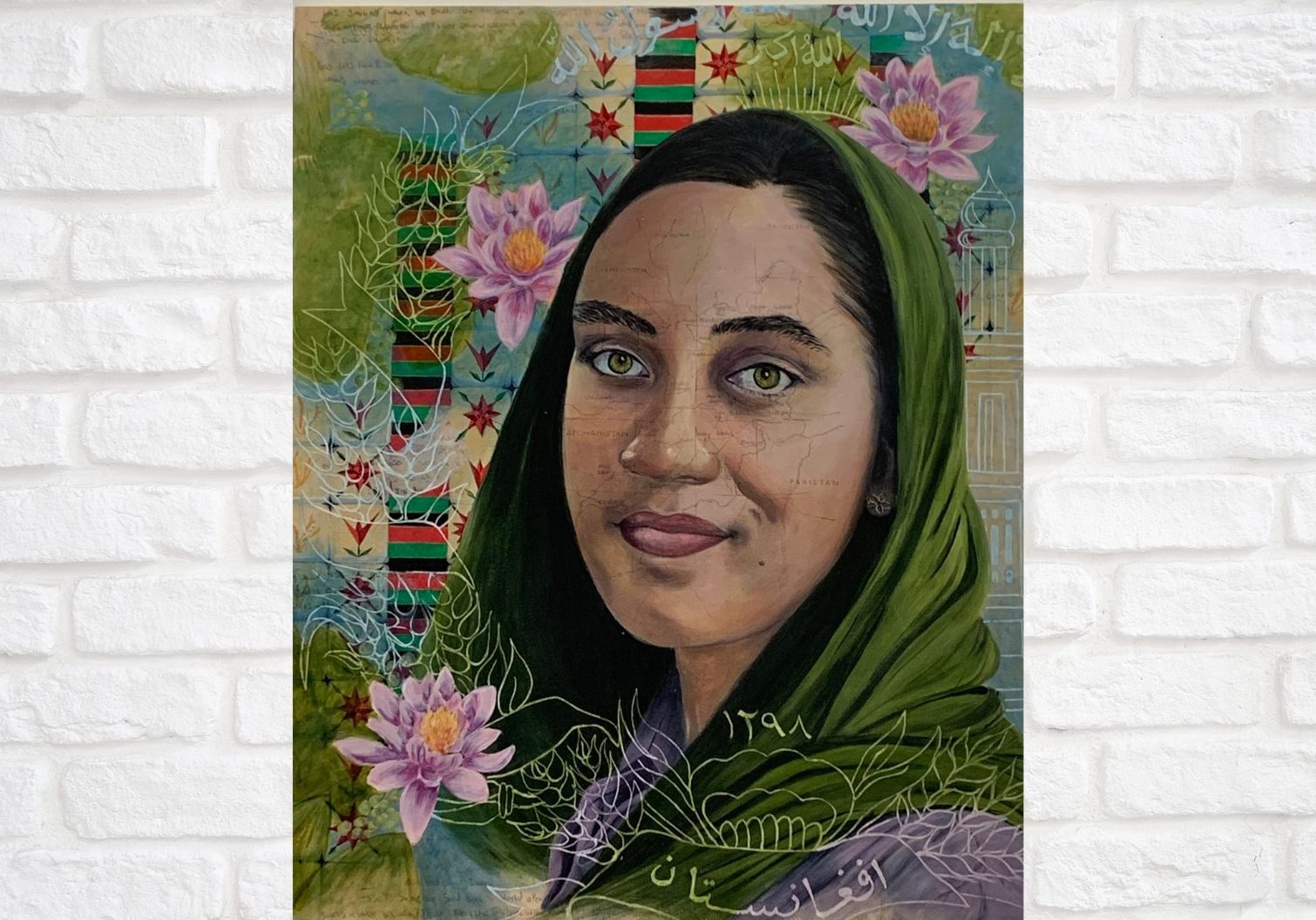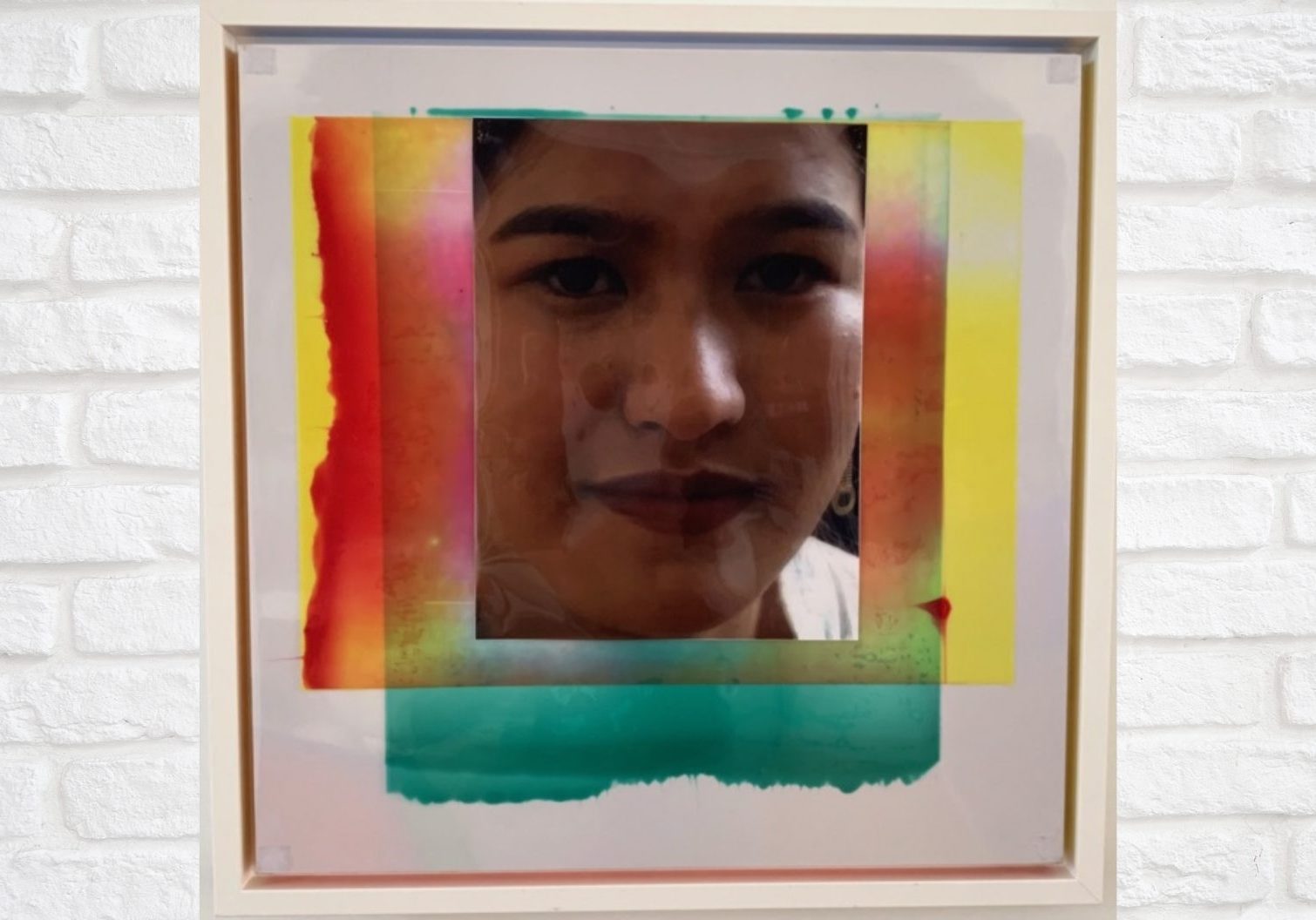The Day of the Fall
The Day of the Fall
Fawzia Hasani
Summary:
A television presenter is working at the studio when the Taliban overthrow the government in Kabul. She rushes home to face the truth. Her life—along with those of her sister and all Afghan women—is now in grave danger.
Story:
On that terrible day, I was at the office of SATV. I was a presenter and dubber for a program called “Borna.” It was a program about arts and current affairs for young people. Every morning I went to the office, met my friends and talked about different things. I loved my job.
That day, like all the other days, I was doing my work. It was around 10:00 or 10:30 a.m. I remember that I was typing something. Suddenly, a friend of mine came to my office. She was very scared. She told me, “Hurry up. We should go home. The Taliban took Kabul.”
I was shocked. I didn’t think at all that the Taliban could get Kabul. At that moment, I thought to myself, “I cannot go out of the house. The girls of my country can never study again. Women cannot work outside. We are back to that dark page of history.”
The next moment, I was in the wardrobe room of the studio looking for a long dress. That day I wore sandals. Luckily, since they were black, not white, I could get home. My home was quite close to my office, so I always walked.
When I left SATV, I realized that all the people were extremely worried. Everyone was running to their homes. All the shopkeepers closed their shops. Suddenly, the entire city seemed dark and dusty. The news that the Taliban had taken Kabul meant that all the people of Afghanistan were trying to find a way to leave. They were terrified and didn’t know what they should do. I saw women and girls on the road. They were wearing white shoes and short dresses or short skirts. Afraid of how the Taliban would treat them, they were running towards their houses, but fortunately, I was wearing my black sandals.
When I arrived home, I pulled my sandals off and threw them into a corner. The sound they made said, “You can never put on these sandals and leave this house again.” At that moment, I felt like a prisoner. My mother was frightened, too. My father told my sister and me not to go out because it was too dangerous. When I went to my room and saw my books, the truth sunk in. I would never study again.
That night, a friend of my father called and said, “It’s better to marry off your daughters to someone. The situation in the country is very bad. No one knows what will happen tomorrow.”
When I looked into my father eyes, I saw despair and fear. I realized that he was thinking about what he should do to keep us safe. The Taliban might come and take my sister and me away— but not if we were married.
I looked at my sister Alia who is four years younger than me. She was one of the active students in her school. She was also an excellent singer. For these reasons, she would be a target. I got very angry. I told myself that she was too young. I decided that if the Taliban came to our house and wanted to take my sister and me, I would hide Alia in the washing machine so that the Taliban could not find her.
This was one of my worst days. We lost everything: twelve years of study, our freedom, and we had no idea what to do and where to go. I remembered my black sandals tossed in the corner by the door.
They had brought me home, but they could no longer keep me safe.
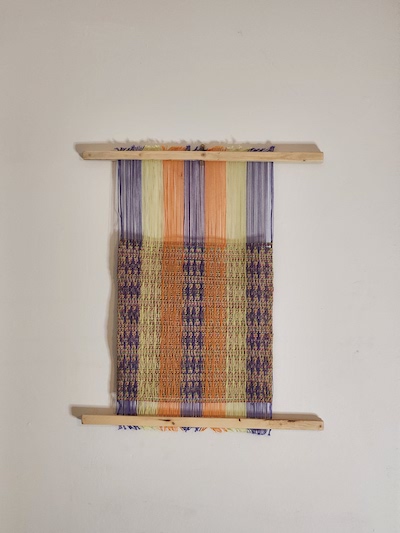
Fawzia Hassani was born in Kabul Afghanistan and graduated from Marefat High School in 2016. In September, 2020 she started working as a presenter and dubber for the SA TV until the 15th of August, 2021 when the Islamic Republic Government of Afghanistan collapsed and the extremist terrorist group (Taliban) acquired full control of Afghanistan.
Portrait: Negar Devine-Tajgardan with Fawzia Hassani
Fawzia
Paper and thread (with magnifying glass)
2023
The piece inspired by Afghanistan’s textile art and weaved into hundreds of Fawzia’s portraits as of thousands of other Fawzias that their lives left halfway through.

